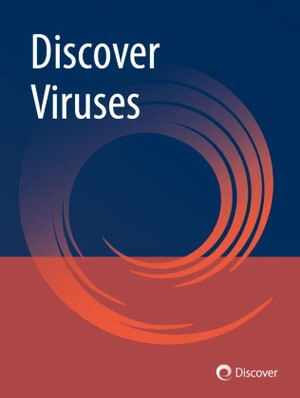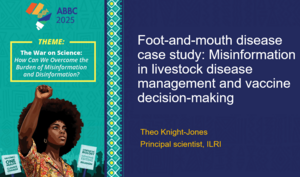
Economic evidence for the control of Salmonella in animal-derived food systems: A scoping review
Abstract
Salmonella is estimated to be annually responsible for 95.1 million cases of human gastrointestinal disease and 155,000 deaths worldwide. Infection is mostly foodborne. Salmonella is costly to healthcare, human/animal wellbeing and animal production. This paper was written by members of RIBMINS, a Europe-wide network of food safety researchers, with the aim to review the existing economic evidence on interventions to curb Salmonella spread in animal-derived food systems. Despite the widespread implementation of national control plans our search yielded only 35 primary sources over the span of over 40 years and multiple value chains. Cost-benefit analyses were the most frequent type of study. There was little consistency between the variables included in these analyses thus hindering potential comparisons. Much of the identified literature was focused on interventions at the farm level (n=24) either exclusively or associated with further interventions in the value chain such as at harvest and/or feed production. From the data, it became apparent that most of the costs are borne by the private sector which is not surprising given the potential for outbreaks to damage reputation and profitability. On the other hand, the most benefit is accrued by the public sector through decreased health costs and improved workforce productivity. We argue that to be able to make evidence-based decisions on which Salmonella control interventions to adopt and where the cost of these should fall, standardised economic analysis should be undertaken in the food safety space.
Citation
Papoula-Pereira, R., Alvseike, O., Cenci-Goga, B.T., Grispoldi, L., Nagel-Alne, G.E., Ros-Lis, J.V. and Thomas, L. 2025. Economic evidence for the control of <i>Salmonella</i> in animal-derived food systems: A scoping review. Food Control 175: 111275.








